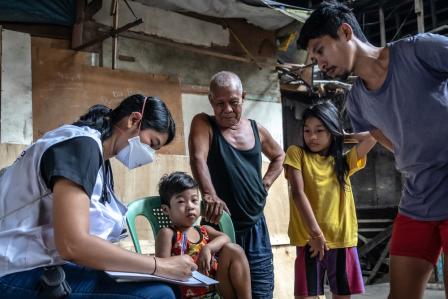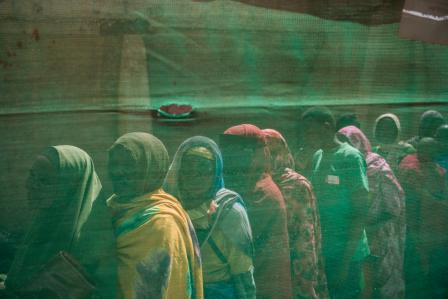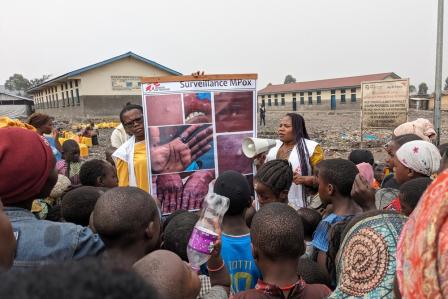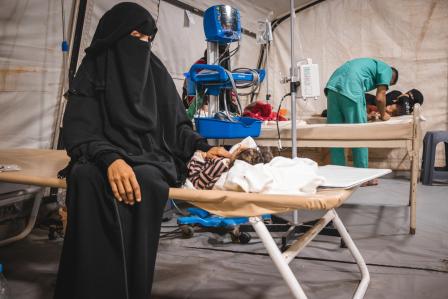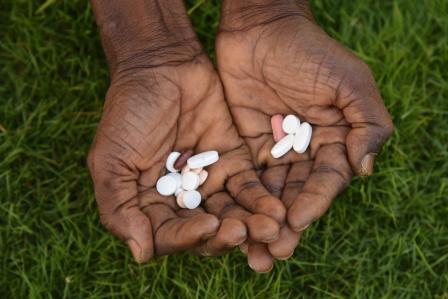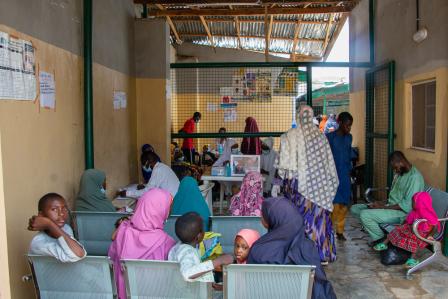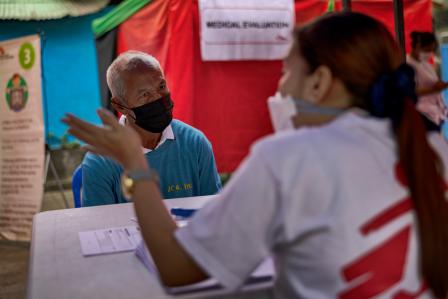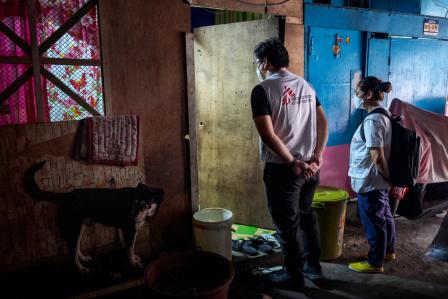Press release: Improving Access to Medical Tools and Drugs Key to End TB
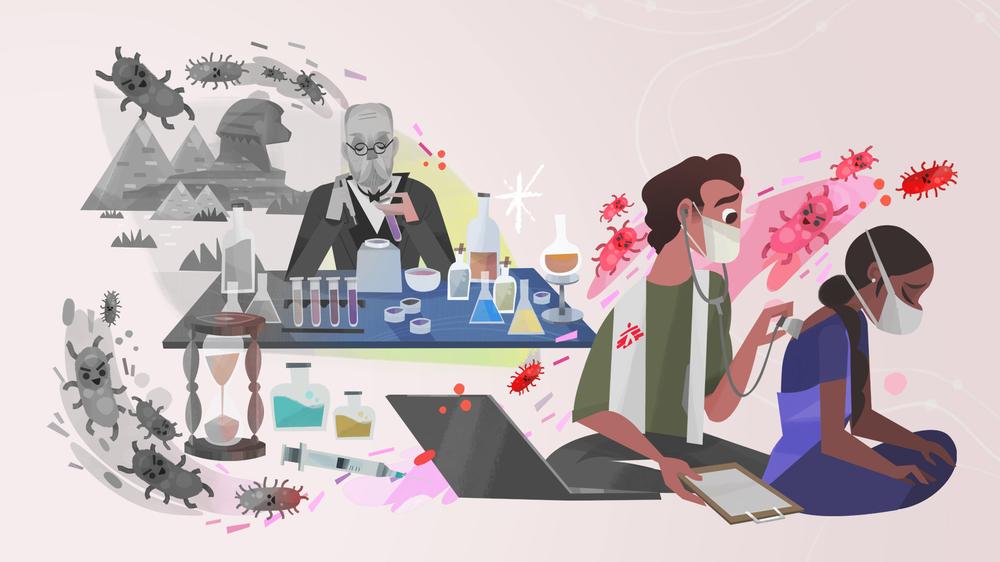
The Infectious But Not Invincible campaign of SEEAP project zoomed in on hepatitis C, measles and tuberculosis. For each disease, we look at what it is, how it spreads and how it is treated, how MSF works on treating and eradicating the disease, and patient stories and advocacy. © MSF
TB has been around for centuries and killed 1.4 million people in 2019 alone, making it one of the top 10 causes of death worldwide from a single infectious agent. The World Health Organization (WHO) estimates that 10 million people globally fell ill with TB in 2019. It is a highly curable disease. However, poor access to diagnostics and drugs has made it difficult to win the fight in eliminating TB.
In a webinar organised by Doctors Without Borders/Médecins Sans Frontières, AIDS Access Foundation project manager Chalermsak Kittitrakul said lack of access to TB medication was not merely a problem faced by middle and low-income countries, as the high prices of drugs meant that even rich countries could not provide access for TB medication to all its people.
“There are a limited number of people who can access medicines because the price of the drugs are so high that even government treatment policies or projects cannot get the medicines to all who need it,” he said.
Kittitrakul pointed out that the main problem of the high prices was the monopoly on the production of the medication. “Patents are a way to encourage innovation of medical tools and drugs, but what we see here is an abuse of the patent. It is being used to manipulate the system to extend the monopoly of the market. A single producer with the right to produce the medicine has the right to set any price they want, and we see that in Thailand, where the patents gave the right to certain producers to monopolise the market for 20 years. Right now, the right to monopolise the market is supposed to end in 2023, but big pharma companies are trying to extend the monopoly period until 2036.
Kittitrakul said his organisation had joined hands with other organisations in India, Philippines and other countries to find a way to prevent the monopoly and allow other companies to produce generic medication for TB, namely Bedaquiline.
Dr. Marve Duka, project coordinator of Doctors Without Borders’ TB project in Tondo, Manila, said the other problem with eliminating TB was diagnostics. However, she said, there have been recent advances that increase the accuracy of the diagnosis in lesser time. “Still, people may not come to be screened or diagnosed, and in Ukraine and Manila, one of the main reasons was stigma. Since TB is associated with poverty, unemployment, risky behaviours. Such as substance use, among others, people generally face disgrace and are shunned by others when they turn out to have TB,” she said. Duka added that COVID-19 also complicated the fight against TB.
Indonesia Youth Movement Against TB coalition leader Paran Sarimita Winarni concurred with Duka, adding that the reluctance to be diagnosed had worsened during the pandemic as more people were scared to go for screening when they have TB symptoms, which was similar to COVID-19 symptoms.
Winarni added that the pandemic also made TB patients afraid to go to the health facilities for their medication or regular checkups. “We see the fear in Indonesia, where drug-resistant TB health facilities are also carrying out COVID-19 treatments,” she said.
Duka said some of the ways to adapt TB treatment during the pandemic was to come up with specific guidelines, which include implementation of flexible treatment management and provision of anti-TB medicines through digital adherence technologies and the use of telephone consultations instead of face-to-face contacts; and optimising resources and time by doing simultaneous screening for COVID-19 and TB.
Winarni said what was also needed was for all stakeholders, from civil society, government, health facilities and communities, to come together to eliminate TB. Duka agreed, adding that the COVID-19 pandemic provides us with a model to win the fight. “COVID-19 has taught us that if we work for a goal collectively with full force and more funds, we can do something about it. We can do the same for TB, and it’s a long time coming,” she said.
Doctors Without Borders has fought against TB for many years. In 2019, Doctors Without Borders started 18,800 people on TB treatment, including 2,000 people with drug-resistant TB (DR-TB).
The settings in which Doctors Without Borders provides TB care vary widely. They include chronic conflict areas, such as Chechnya; refugee camps in Chad or Thailand; prison settings in Kyrgyzstan; and countries with overburdened health systems such as Papua New Guinea.
The focus of the projects also varies: some concentrate on integrating HIV and TB services, such as in South Africa and Kenya; others offer treatment to patients suffering from DR-TB, as in Uzbekistan and Georgia; others reach out to particular populations who have little access to medical care, such as migrants in Thailand.
Doctors Without Borders is striving to improve the diagnosis of all TB patients, which is rapid, inexpensive, and easy-to-perform without electricity or instruments. In terms of treatment, Doctors Without Borders is currently exploring different ways of ensuring patient adherence and is committed to using fixed-dose combinations and quality-assured drugs in its programmes.
